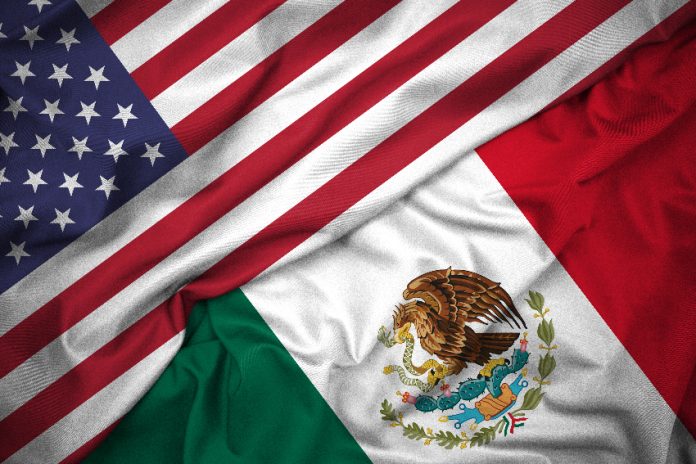Mexico and the U.S. are both heading into presidential elections in 2024, but from my view, the two races could not be more different.
These are the five most notable aspects of Mexican politics in contrast with U.S. politics that I see today.
Diversity of political parties
After seven decades of being essentially a one-party system dominated by the PRI (Institutional Revolutionary Party) until the election of PAN (National Action Party) president Vicente Fox in 2000, Mexico now has a plurality of active political parties, with seven officially registered.
President López Obrador was a member of both the PRI and the PRD (Democratic Revolution Party) in his career, but after parting ways with the latter, formed his own Morena (National Regeneration Movement) party in 2011, and went on to win the presidency with the party in 2018. Today Morena is the dominant party in Mexico, with more governerships and legislative seats than any other. Movimiento Cuidadano (Citizens Movement) is another political party that only recently began to gain momentum, and now the mayors of Mexico’s second and third largest cities, Guadalajara and Monterrey, are from the MC, as are the governors of their respective states of Jalisco and Nuevo León.
Alliances between political parties
After dominating Mexican politics for decades, the PRI has found itself losing momentum. The two other prominent parties of the past two decades, the PAN and PRD, have also been losing ground, and joined with the PRI to form an opposition coalition bloc to Morena.
This political alliance of rivals, called Va por México, and then changed to Frente Amplio por México or Broad Front for Mexico (FAM) before beginning the candidate selection process, is one that would have been hard to imagine only a decade ago.
Candidates switching political parties
Before founding Morena, AMLO was at different times a member of the PRI and PRD parties. Marcelo Ebrard, AMLO’s former foreign affairs minister, and current hopeful to be the Morena 2024 candidate, is rumored to be considering switching to the Movimiento Cuidadano (MC) party if he doesn’t get Morena’s nomination.
Xóchitl Gálvez (PAN) is currently the leading candidate to win the opposition’s nomination and just yesterday said she would welcome Ebrard to join her campaign if he fails in his bid with Morena. This all makes for a dynamic political scene, and also has inspired a Mexican political term: chapulineo, or “grasshoppering”, when a politician makes en expedient switch in party allegiance.
Left and right ideologies shifting
The ideologies and platforms of the political parties in Mexico are evolving quickly. As a result, legacy definitions of right and left don’t seem as applicable as in the U.S., with a coalition like the Broad Front for Mexico (FAM) made up of a conservative party (PAN), a leftist party (PRD) and an ideologically shape-shifting but most recently center-right party (PRI).
The prominence of women in Mexican politics today
Three of the leading candidates (Xóchitl Gálvez, Beatriz Paredes and Claudia Sheinbaum) to run for the presidency in 2024 are women, and two of them come from scientific and technological backgrounds. In a comparison of the two forerunners, we see diverse backgrounds and experience. Claudia Sheinbaum (Morena) is a physicist who has a doctorate in energy engineering. Xóchitl Gálvez studied computer engineering. Both are in their early sixties. Sheinbaum is the granddaughter of Jewish European immigrants and Gálvez is the daughter of an Otomí father and mestiza mother.
This will undoubtedly be a fascinating election season to watch, on both sides of the border.
